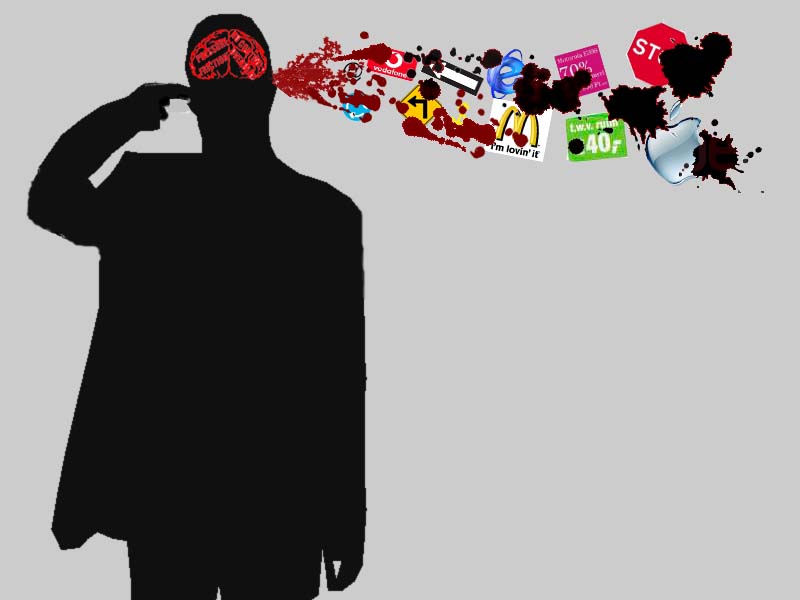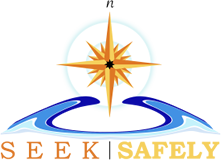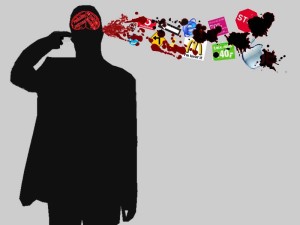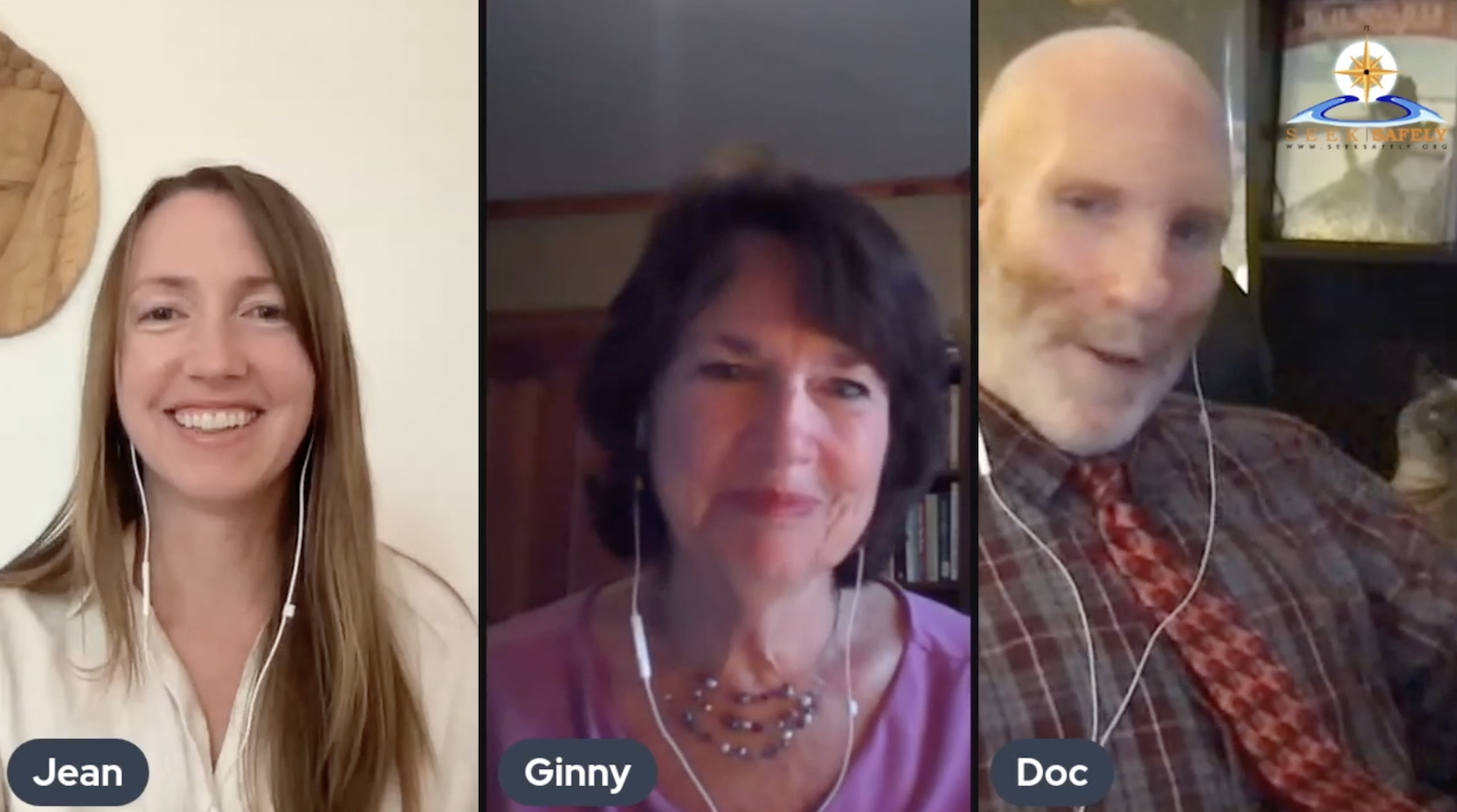
Dr. Norcross’ final strategy asks us to distinguish between balanced information and subtle advertising.
- Internet information is uncontolled and often what looks like factual, reliable information is really an advertisment for a product or event.
- Infomercials and supplements in magazines may be slick advertisements, not reliable, proven self-help methods for change.
- Check the Who We are? and privacy notice sections of websites. If that infomation is sketchy or absent, the materials are probably biased.
When a self-help event is used to sell additional products, books, tapes, and events, the partcipants should be wary. It is reasonable for a speaker or event leader to highlight or make available other resources that may be helpful for the participant. However, if the “up-sale” and hype seems to overshadow the seminar you are attending, beware. High pressured sales tactics may include:
- announcements about scarcity,(“only 3 copies left!”),
- the need to make an immediate decision to purchase something, (“this offer is only available for the next hour!”).
Some motivational speakers will use the energy of the moment to pressure people into committing to a purchase. These sales tactics can be quite manipulative. Participants can get caught up in the moment and later regret that purchase. And if there is a strict no refund policy, you should be doubly cautious. A real teacher invites your free, non-coersive, voluntary participation.






